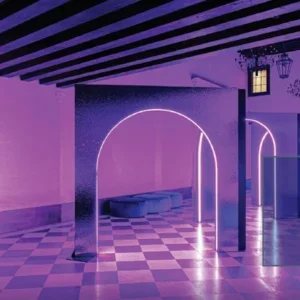
Room Mate Hotels is on an ambitious growth trajectory. The lifestyle-driven hotel chain, founded by entrepreneur Kike Sarasola, has announced key expansions in 2025, including its entry into the Swiss market with the acquisition of Hôtel Marmont in Geneva – a 104-room property nestled beside the prestigious Rue du Rhône. The deal underscores Room Mate’s strategy of securing AAA urban locations and building on long-standing institutional partnerships.
Alongside this international move, the brand has significantly bolstered its Spanish portfolio by acquiring Staying Valencia, a local chain comprising ten boutique hotels in the heart of Valencia. These acquisitions come as Room Mate closed a strong 2024 with €128.5m in revenue and a normalised EBITDA of €28.3m. The group is now forecasting further growth to €151.8m in 2025.
As the company continues to invest in renovations, strengthen its financial base and target markets like Paris, Lisbon and Germany, it remains committed to its founding philosophy: creating hotels that feel like homes, where guests are treated like friends. In this interview, Dominic Seely, Room Mate’s chief development and acquisitions officer, shares how the group is balancing scale with intimacy, and what lies ahead for one of Europe’s most dynamic lifestyle hotel brands.
Geneva is known for its tight hotel market and high barriers to entry. Can you share more detail on how the Hôtel Marmont acquisition came about – and what made it a strategic priority?
Dominic Seely: This was an off-market opportunity that was sourced by my head of development and acquisitions who used to live and work in Geneva. At Room Mate, we believe greatly in the value of relationships – historically, most of our deals have come through long-standing relationships. Geneva was strategic for us because of its prominence in the world as a centre for both international finance and international diplomacy, its limited new hotel supply, and lack of competitive lifestyle hotel offerings.
There is also a complete renovation of Hôtel Marmont. What design direction or guest experience are you aiming for with the relaunch in 2026? Will you be collaborating with a specific designer?
We will be undertaking a light renovation that will seek to connect with both Geneva and the hotel’s clientele. It will be timeless in essence, classic and contemporary with occasional elements of vibrant colour in keeping with Room Mate’s brand identity.
You’ve spoken about partnering with institutional landlords like Axa Real Estate and BNP Paribas. Can you elaborate on how these relationships shape your growth strategy – particularly in high-end urban markets like Geneva and London?
Across our 33 hotels in 15 European cities, approximately 50% of our existing landlord ownership base comprises of institutional pension funds, the rest being large family offices. Typically, these institutions, who are core and/or core-plus investors, look to own real estate in AAA and/or AA locations in major cities under a lease model with a tenant that has also strong covenant strength. Room Mate provides them with this opportunity because we enable investors to acquire and own well-located real estate while maximising returns due to our affordable luxury bed and breakfast business model. We maximise every square metre of real estate while also maintaining the high level of customer service provided by our hotel staff who we call our ‘roomies’. All of this translates into better customer experiences and scores, and more profit for both us and our landlords.
With the acquisition of Staying Valencia, you’ve added many properties in a single city. What’s the long-term strategy there – are you building a microdestination model within urban centres?
No, not at all. Although we bought those properties, the reality is that it was a collection of extremely well-located, small boutique hotels in the historic city centre, all within a short walking distance from each other. In total there are just under 500 bedrooms to give you an idea. It was a great opportunity for Room Mate because we had a lot of conviction in Valencia as a destination with everything that the city has to offer the traveller, yet there was a clear lack of quality lifestyle hotels in the city.
What about your plans to expand into Paris, Lisbon and Germany? Can you give us a preview – are there any deals in the pipeline or locations you’re actively scouting?
The team is constantly scouting for new opportunities that fit with our affordable luxury bed and breakfast business model. We have a very large active pipeline right now. However, we are also very selective in terms of our criteria. Our growth strategy is one that puts a premium on quality as opposed to quantity. Over 80% of our existing hotels are in AAA locations across most of the exciting cultural cities in Europe. This strict criterion is something that we need and want to continue to offer.
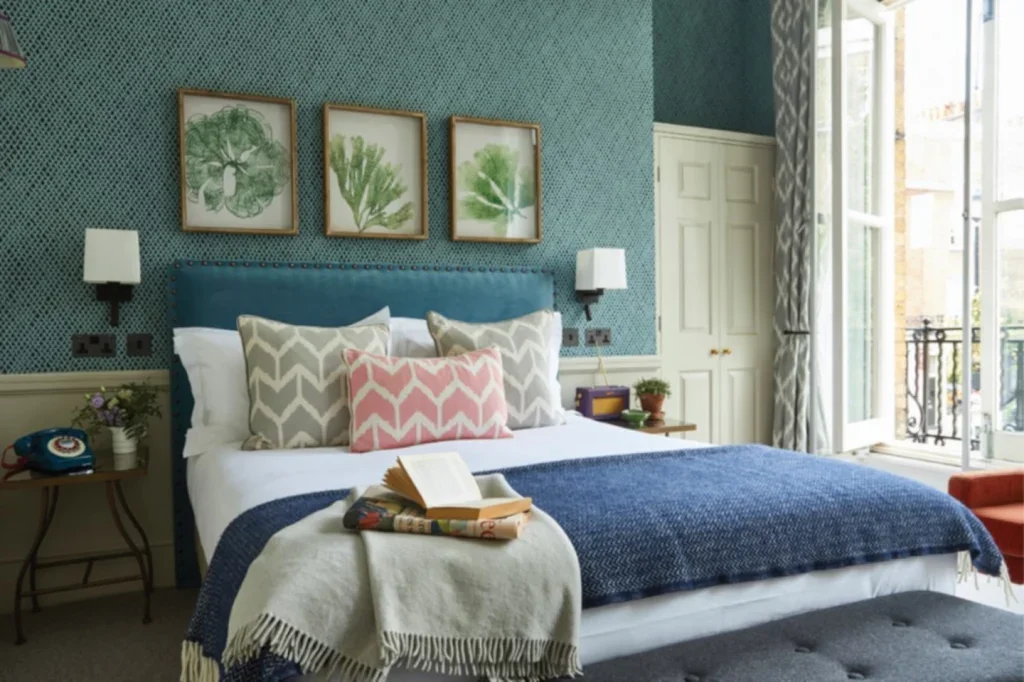
Room Mate has invested heavily in refurbishing existing assets. What performance uplift or guest feedback are you seeing post-renovation – particularly in places like Amsterdam and Florence?
The refurbishments we’ve carried out aren’t just about aesthetics – they’re a strategic investment. They’ve allowed us to compete more effectively in saturated markets, command higher rates, and elevate the overall guest experience in a way that aligns with the expectations of today’s traveller. We’re already seeing tangible results, both in terms of performance and guest feedback. In cities like Amsterdam and Florence, the impact has been particularly noticeable. Following the renovations, we’ve been able to push our ADR up by approximately 8%, depending on the market and seasonality. Guests are responding positively and are clearly willing to pay more for a refreshed, designforward experience that reflects Room Mate’s boutique identity. At the same time, guest satisfaction has improved significantly – reviews frequently highlight the upgraded interiors, enhanced comfort and elevated ambiance. This has translated into higher scores on platforms like Booking.com and Google, and our consolidated ReviewPro rating has also seen a boost, which in turn supports stronger conversion rates.
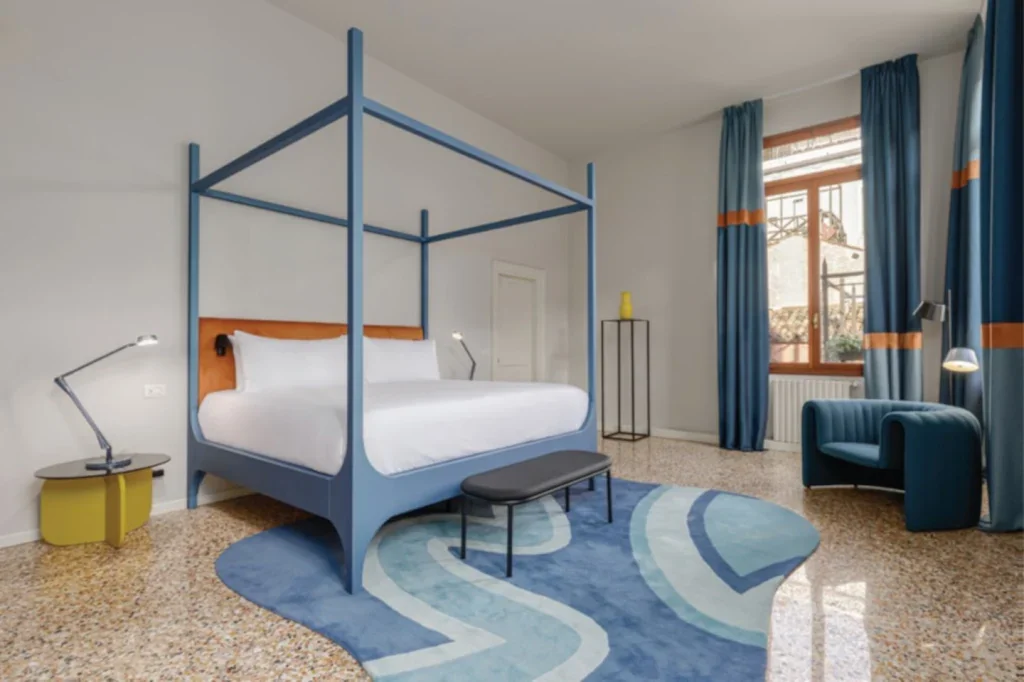
We’ve also observed a notable increase in occupancy, driven by improved online visibility and stronger word of mouth. Together with the uplift in ADR, that’s led to a clear improvement in RevPAR, especially during peak demand periods. Beyond the numbers, the renovations have reinforced our brand identity as a stylish, urban hospitality brand. We’re seeing stronger brand loyalty and a clear rise in repeat bookings, particularly in cities like Florence where guest return rates are already high.
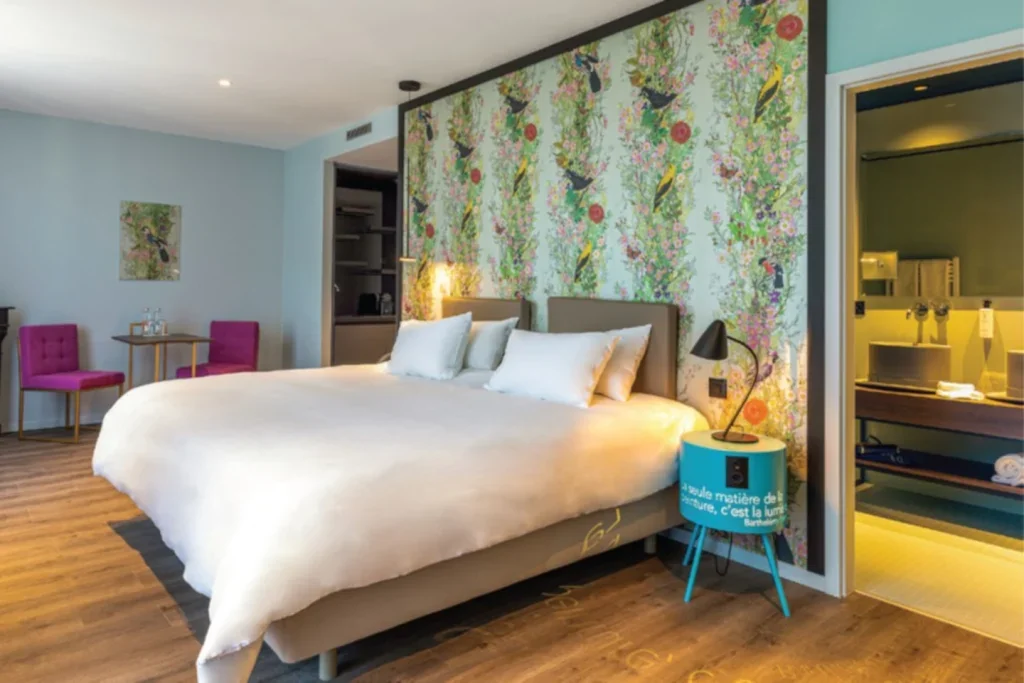
With over 1.22 million guests in 2024 and a strong ReviewPro score, how are you evolving your guest experience strategy? Any new tech, service concepts or loyalty plans being rolled out in 2025?
Our guest experience strategy continues to evolve with one clear objective: to deepen the sense of being known, welcomed and pleasantly surprised. We’re not looking to replace the human touch – on the contrary, our initiatives are designed to enhance it. One of our key focuses is hyper-personalisation, using data from our PMS to tailor each guest’s stay based on preferences and behaviour. We’re constantly listening to what guests tell us – both their compliments and their critiques – which helps us understand where we excel and where we can improve.
ReviewPro remains an essential tool in this process. It gives us a clear, data-driven view of how we’re performing both internally and compared with our competitor set. That insight allows us to fine-tune operations, boost reputation and increase awareness in a meaningful way. We’ve also integrated technology like Civitfun, a solution that digitises and automates the check-in and check-out process. The goal is to streamline operations and make the experience faster and more convenient for guests, while freeing up our front desk team to focus on what really matters: the guest journey. By removing friction from the operational side, our staff can spend more time creating meaningful, personalised interactions that elevate the overall experience. Looking ahead to 2025, all of these efforts are part of a broader commitment to smart service innovation – where tech supports hospitality, not replaces it.
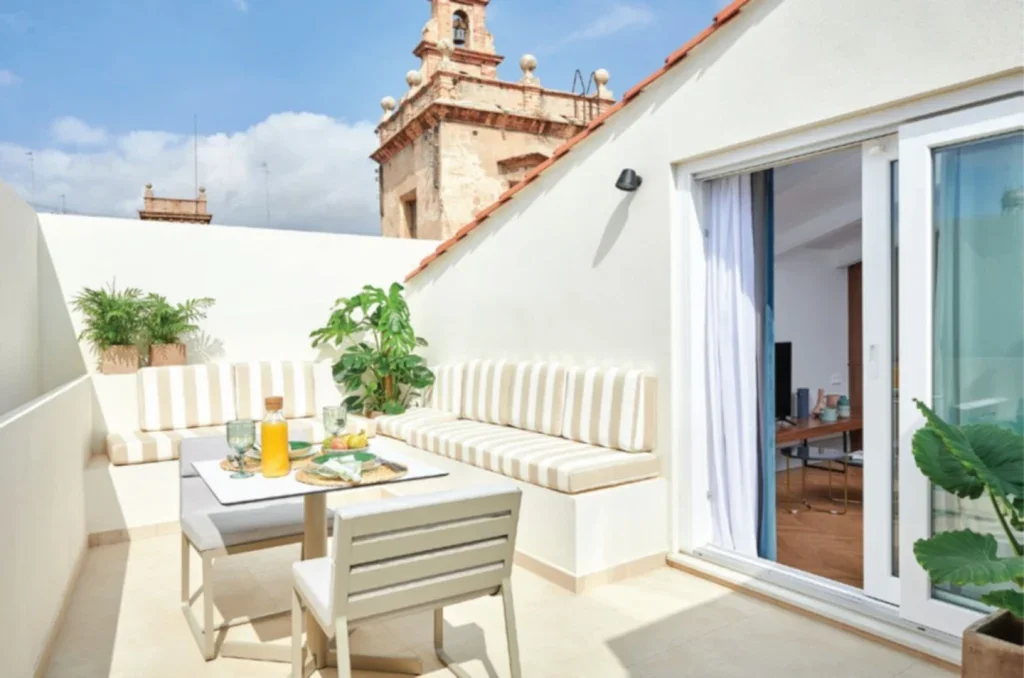
You are a chain focused on “homes” and friend-like hospitality. How do you balance that boutique ethos while scaling up across multiple countries?
We have an incredible team and team-building ethos that is the result of over 20 years of history and passion for what we do. When people come to work at Room Mate, they end up with a deep sense of belonging. We are like a big family. We make sure we get together regularly to share. As we grow, we will continue with this team-building ethos. Without being complacent, as there is no room for that, we truly believe we will be able to maintain this as we grow.
With revenue up 23% year-on-year, what’s been the biggest internal driver of this growth – better yield management, increased occupancy or broader distribution?
It has really been a combination of different factors: we’ve seen a lot of growth from the renovation of some of our properties; we’ve seen very strong market performance from our hotels in Spain, particularly in destinations like Madrid where we have many hotels; we’ve always had good yield management at Room Mate but we’re always striving to do better; and of course, we’ve added new properties to the portfolio in places like Valencia.



